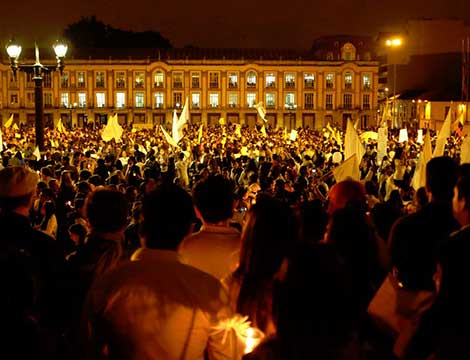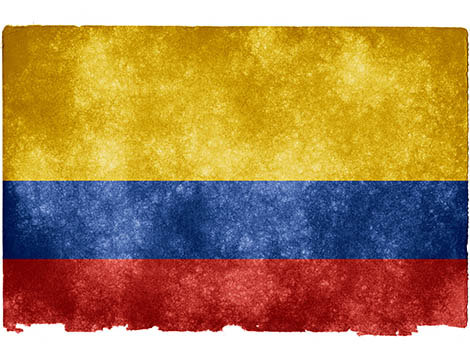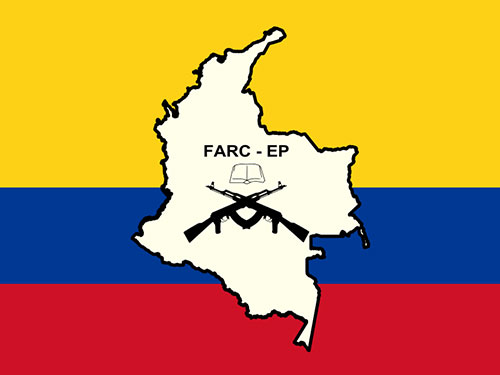
Mediation Perspectives is a periodic blog entry provided by the CSS’ Mediation Support Team and occasional guest authors*. Each entry is designed to highlight the utility of mediation approaches in dealing with violent political conflicts. To keep up to date with the with the Mediation Support Team, you can sign up to their newsletter here.
After almost four years of tough negotiations in Cuba, the Colombian government and the Revolutionary Armed Forces of Colombia (FARC) signed a peace agreement in Cartagena on 26 September 2016 to overcome five decades of armed conflict. While celebrated “as a model for future peace negotiations around the world”, later that week Colombians rejected the accords in a referendum by a 50.2% to 49.8% margin, a difference of just 54,000 votes.
Various articles have been written on the negotiation and mediation process, and the referendum as such. This article will focus on the internal developments within Colombia’s society, with a focus on what did not go well prior to the referendum and on positive post-referendum developments.




